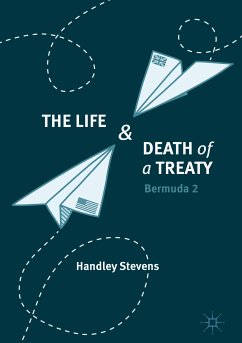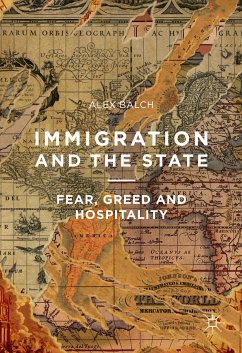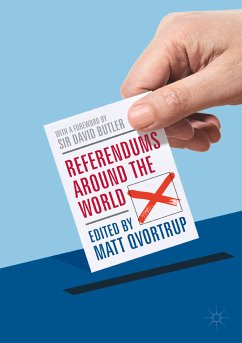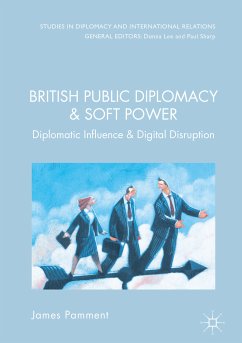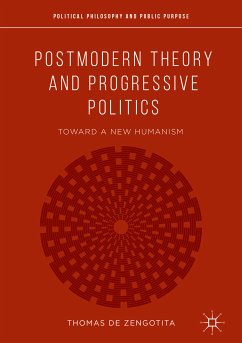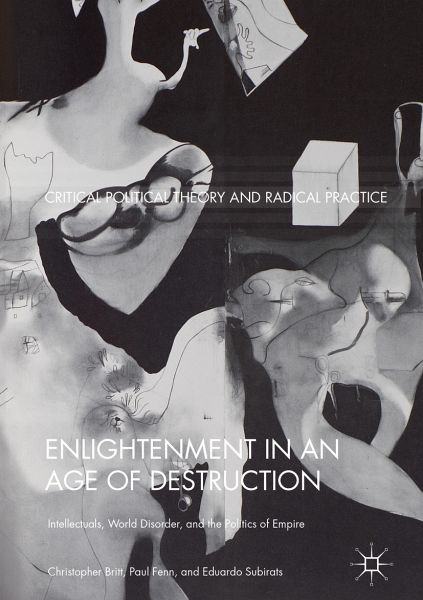
Enlightenment in an Age of Destruction (eBook, PDF)
Intellectuals, World Disorder, and the Politics of Empire
Versandkostenfrei!
Sofort per Download lieferbar
72,95 €
inkl. MwSt.
Weitere Ausgaben:

PAYBACK Punkte
36 °P sammeln!
Formulates a new understanding of a common concept (enlightenment) by framing it as a trans-historical and cross-cultural phenomenon.
Provides an alternative to current resistance theory in arguing for new modes of intellectual engagement in politics in an age of crisis.
Contextualizes the practice of critical theory within contemporary political discussions on topics such as climate change, nuclear proliferation, and war.
Dieser Download kann aus rechtlichen Gründen nur mit Rechnungsadresse in A, B, BG, CY, CZ, D, DK, EW, E, FIN, F, GR, HR, H, IRL, I, LT, L, LR, M, NL, PL, P, R, S, SLO, SK ausgeliefert werden.
Alle Preise in Euro und inkl. der gesetzl. MwSt. | Innerhalb Deutschlands liefern wir preisgebundene Bücher versandkostenfrei. Weitere Informationen: bitte hier klicken
Support
Bitte wähle dein Anliegen aus:
Rechnungen
Bestellstatus
Retourenschein
Storno



